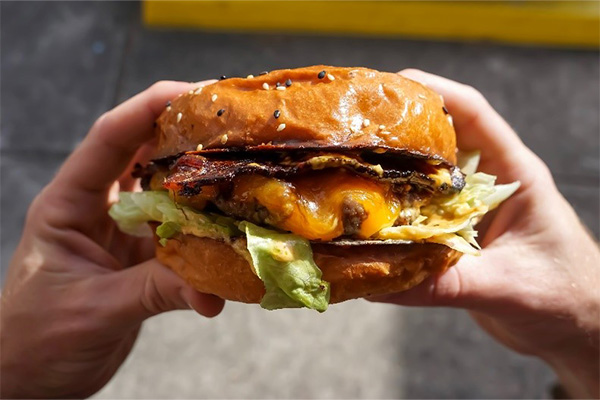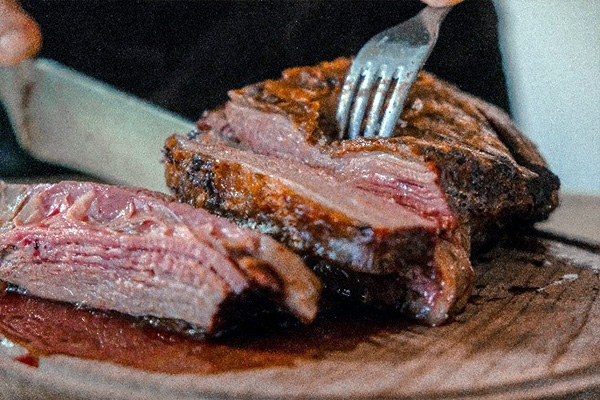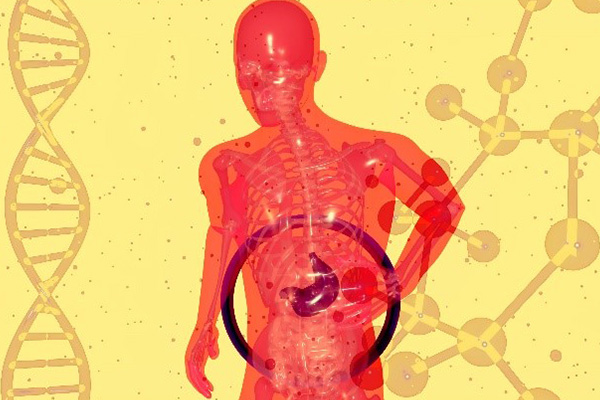Step Away From the High Fat Diets!
Blogs By Heidi
- November 13, 2022
Something I see regularly that really amazes me is how many people are following high fat diets. We see quite a few people through our coaching practice who have followed a high fat diet in the past or are following one now. The diet isn’t working well for them, and they come to us because they’ve got lots of health issues going on.
It’s a subject that comes up a lot, and as a health coach I’m pretty tuned into these types of conversations. I overhear people talking about it when they’re standing in line at a café for example. So, I think it’s really important to get the message out there that eating a lot of fat isn’t good for you. I know it’s a really trendy and fashionable thing right now, and a lot of people are doing it.
There’s been different versions of high fat diets over the years. Many of you will remember the Atkins diet, and you’ll most have heard of the Keto diet, which is all the rage at the moment. These diets are essentially all the same, but over time they get tweaked and repackaged slightly. For example, there may be a few more grains or greens thrown into the mix, but basically they follow the same guidelines; high fat and low carbohydrate.


I want to explain to you what happens in the body when you start eating a lot of fat and lowering your carb intake. The first thing that happens when you lower your carb intake, (the body’s main fuel source), is the body says, “hang on a minute, I’m having a really busy day, and I’ve got no fuel.” So, to compensate for this, the body releases adrenaline, which is a stress hormone. Now you’ve got excess adrenaline in the body, which creates a ‘fight or flight’ response, otherwise known as survival mode. You become irritable, edgy, grumpy and can have poor sleep. You’re also going to end up craving salty and sweet carbohydrate dense foods. Even the most committed and motivated person eating a high fat, low carb diet will eventually succumb to the need for natural sugars.
Those following high fat diets can lose weight in the beginning, but much of this is to do with cutting down on processed and packaged foods and alcohol. But after a period of time, because the body isn’t getting enough fuel in the form of carbs, it will get desperate. So, then you start to binge and end up eating all the pizza, chips and chocolate you can get your hands on. Then what happens? All the weight goes back on, plus some more. Then you end up in the yo-yo diet cycle – the constant battle between losing weight, then gaining it back (with extra), then trying a new diet and so the cycle repeats. Low carb diets are not sustainable because the body naturally needs carbohydrates to survive.


The second thing that happens when you reduce carbs is your blood sugar levels drop. Then your adrenal glands have to step in to produce extra cortisol (another stress hormone) to draw glycogen out of your liver and muscles. You end up with low energy levels, sugar cravings, and the extra cortisol can lead to fat storage, particularly around the middle.
Now, let’s talk about the liver on a high fat diet. Too much saturated fat in the diet creates thick, sludgy blood. When you’ve got really sludgy blood, there’s not enough oxygen in the blood that goes to the liver to be filtered. This leads to a weakened and fatty liver, and you end up with fatty liver disease. The liver has over 2000 functions in the body, and one of its important jobs is to break down fats. When there’s too much fat in the body, the liver becomes over-burdened and sluggish, and can’t draw nutrients from the blood correctly. Many of these nutrients end up trapped in fat cells surrounding the liver, which also leads to fatty liver disease. High fat diets will basically hijack your liver and lead to a host of serious other problems.
Let’s talk about another of our precious organs; the heart. The heart’s job is to pump blood around the body, but think about what happens when it has to pump that thick, sludgy blood I just mentioned. Essentially the heart has to work extra hard to get the blood flowing through the body. High fats also lead to clogged arteries, high cholesterol, and eventually heart disease.
Now, the other problem with high fat diets is that as a natural consequence of reducing carb intake, we start limiting important foods like fruit. Don’t listen to anyone who tells you fruit is bad for you or that you shouldn’t eat too much. Fruit is a superfood, packed with vitamins, minerals and antioxidants that will supercharge the healing process. Your organs thrive on fruit, particularly the liver and brain.
These days we have doctors telling people to stay away from fruit because of the high sugar content. Can you believe it? Fruit is the food we all need to be eating for thriving, optimal health. It’s super important because it strengthens and activates the immune system so it can get to work and get rid of all the toxins and gunk in the body.
All our clients eat plenty of fruit (including diabetics), and without fail, they start to recover.
Really, we must adopt some common sense when it comes to fruit. Fruit has been on the earth and has helped humans survive and thrive for thousands of years. Why, all of a sudden, is fruit regarded as the enemy? It doesn’t make sense. Think about a bright red, fresh, crunchy apple straight off the tree. Look at the vibrancy of colour, the fresh juices, the beautiful natural sweet flavour. Our bodies desperately need this type of nutrient-dense, fresh food.
As you can see, high fat diets lead to a host of problems, and are never beneficial over the long term. If you want a long, vibrant, healthy life, keep your fat intake low and bring plenty of whole, fresh foods into your life, such as fruits, vegetables, wholegrains, nuts, seeds and healthy fats.
Need some support along the way? Well, this is what we specialise in, so don’t be afraid to reach out for a chat! We love nothing more than to get our clients on the right track with their health and see them thriving again
